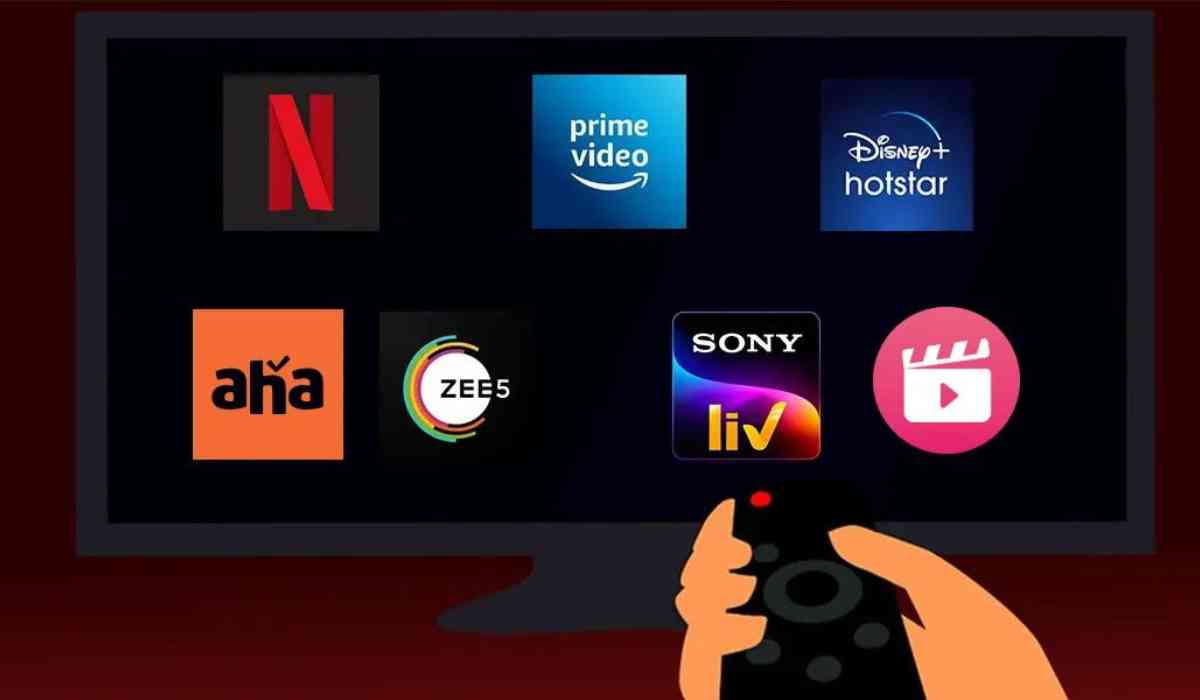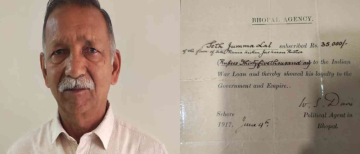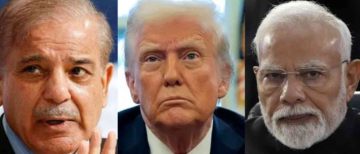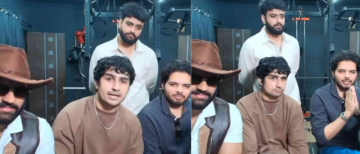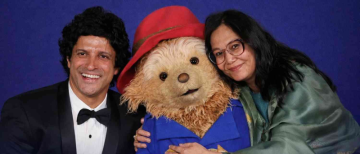Over-the-top (OTT) platforms in India have revolutionized the way audiences consume content, providing an alternative to traditional television and cinema. However, this freedom has come with its own set of challenges, particularly in navigating the complex legal and cultural landscape of the country. To avoid controversies and legal repercussions, OTT platforms have increasingly turned to self-censorship, working closely with legal experts to ensure their content is compliant and sensitive to the diverse Indian audience.
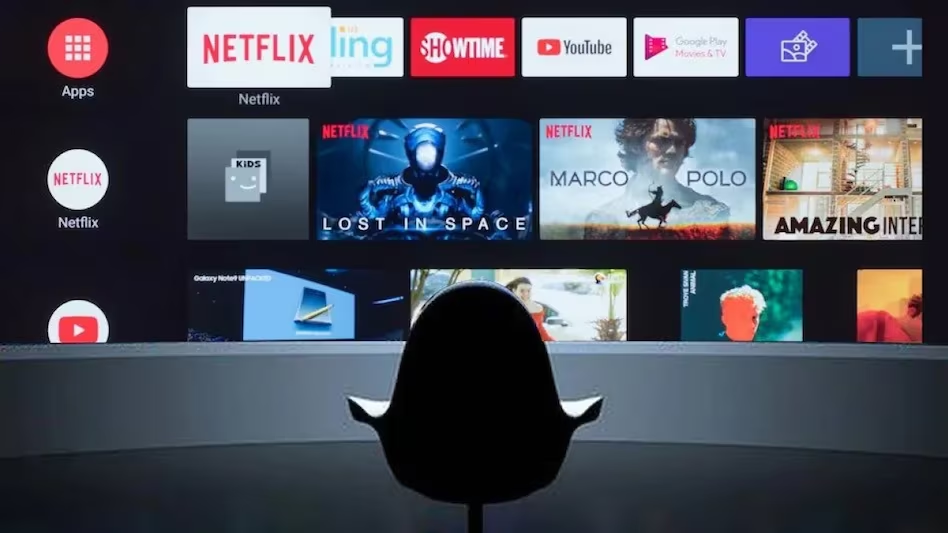
The Role of Legal Experts in Content Creation
OTT platforms have begun to collaborate extensively with legal firms at various stages of content production to avoid infringing on intellectual property rights and falling foul of laws against vulgar or explicit content. Legal involvement can span from the initial scripting stages to managing the post-release environment, ensuring compliance with a range of regulations.
- Legally-vetted Content
Legal firms are often brought in at the conceptual stage to prevent any potential infringements on intellectual property rights. During scripting, legal experts review scripts to identify and mitigate risks related to defamation, privacy violations, and other legal issues. During production, they assist with contracts, negotiations, and ensuring compliance with labor laws, location permits, and other relevant legal requirements. Post-production, legal firms help with clearing rights for music, clips, and other media used in the show.
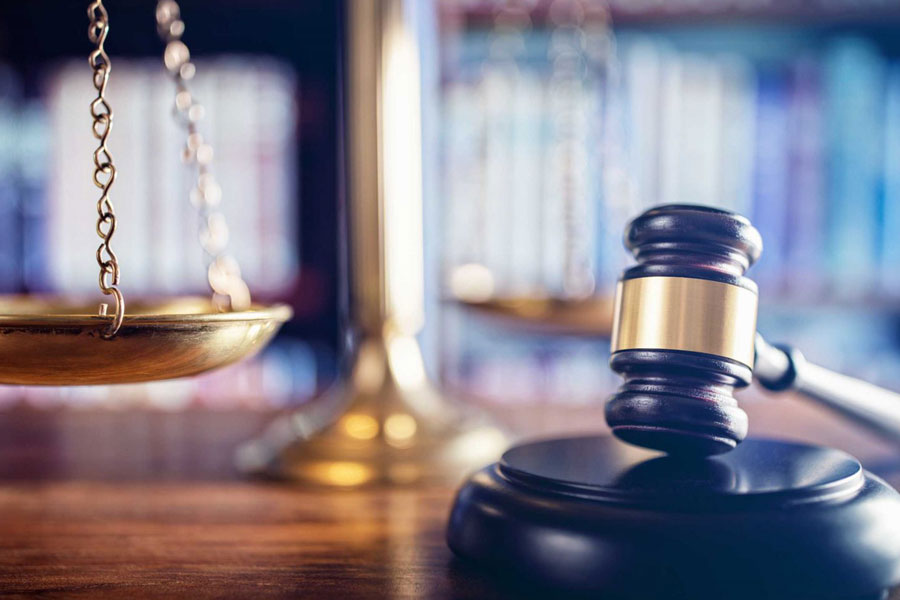
- Cultural Sensitivity
India's diverse and deeply ingrained religious beliefs necessitate a high degree of cultural sensitivity in content creation. A seasoned legal expert has also, highlighted the importance of this balance, citing the example of the series "Tandav," which faced legal action for allegedly hurting religious sentiments. Legal guidance has become crucial in navigating these cultural sensitivities, ensuring that projects are greenlit only after thorough vetting.
Ensuring Data Security
Apart from content vetting, legal firms also advise OTT platforms on implementing robust data security measures. Another Law professional, notes that obtaining clear user consent for data collection helps avoid hefty fines and reputational damage. Past controversies over objectionable content have led to more rigorous vetting processes, including due diligence on scripts, storylines, and even the social media profiles of creators.

Regulatory Landscape
OTT platforms in India must navigate a complex regulatory environment. The 2021 IT Rules impose specific obligations, such as adhering to a Code of Ethics and implementing self-regulatory measures. Additionally, OTT platforms featuring television-like content are subject to the Cable Television Networks (Regulation) Act of 1995 and associated rules, which mandate compliance with programming and advertising standards.
- Licensing Agreements and Contracts
Legal firms play a crucial role in advising OTT platforms on both original and acquired content. For original content, they ensure compliance with content regulations, draft contracts for various artists, and protect intellectual property rights. For acquired content, they help negotiate licensing agreements, distribution deals, and revenue-sharing arrangements, conducting due diligence to verify the chain of title and rights clearance.
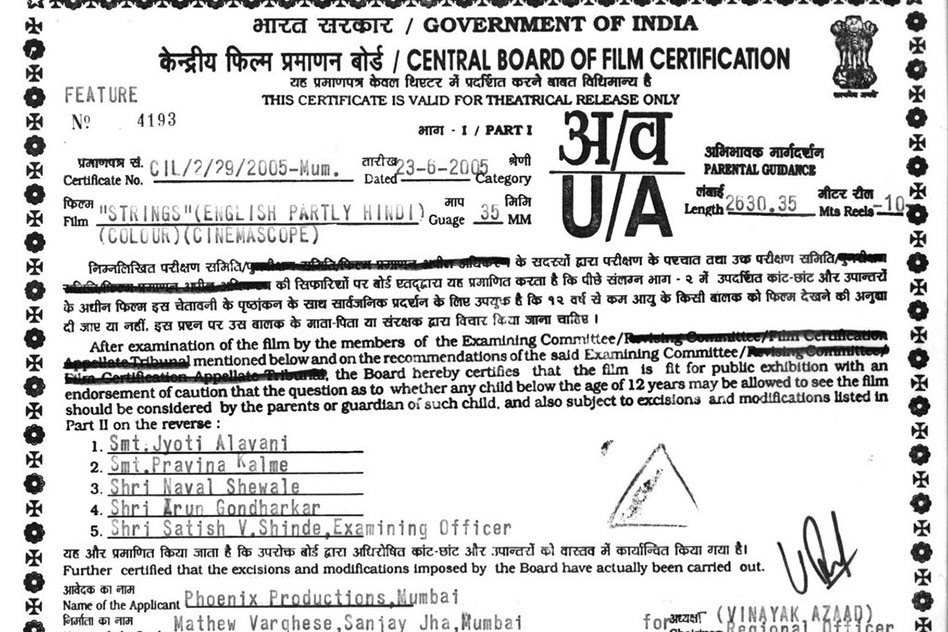
Government's Stance and Legal Framework
The Indian government has so far refrained from imposing direct censorship on OTT platforms. However, there are rules in place that require intermediaries to exercise due diligence in not displaying, hosting, or publishing obscene, pornographic, or unlawful content. The case of Justice for Rights vs. Union of India, where an NGO sought regulation of OTT content, highlights ongoing legal battles over the issue. Although the petition was dismissed, it remains pending in the Supreme Court.
The Ministry of Electronics and Information Technology (MEITY) has proposed a self-regulatory body for OTT platforms, though this move has faced resistance from major platforms like Netflix and Amazon Prime, which argue that such regulation would infringe on their freedom of expression.
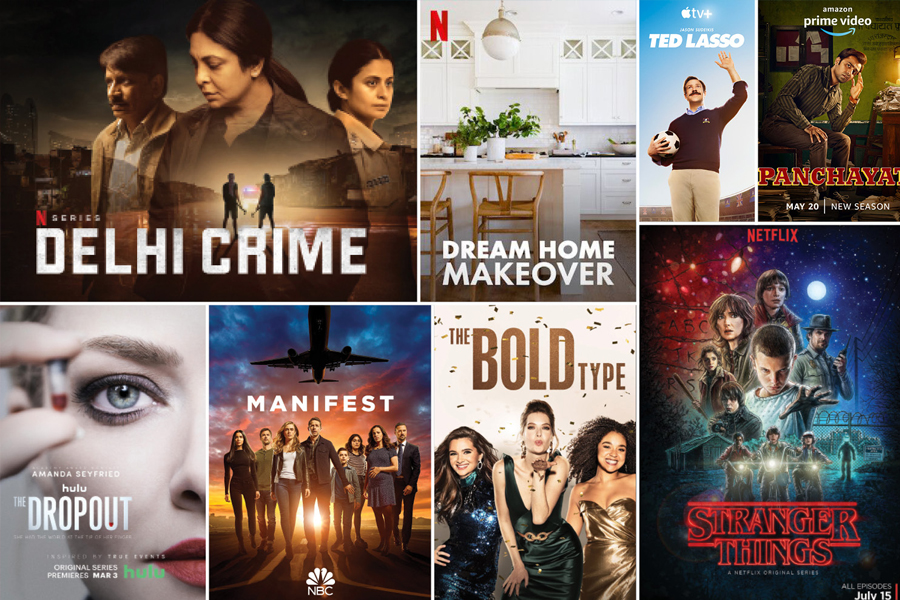
Case Studies of Self-Censorship
Several high-profile instances highlight how OTT platforms have engaged in self-censorship to avoid controversies:
1. John Oliver on Hotstar: Hotstar blocked an episode of John Oliver's show criticizing Prime Minister Narendra Modi and the Citizenship Amendment Act (CAA), illustrating the platform's sensitivity to political content.
2. Hasan Minhaj on Netflix: Netflix faced pressure over Hasan Minhaj's show, which criticized the Indian government during the Lok Sabha elections. Despite the controversy, Netflix chose not to remove the episode.
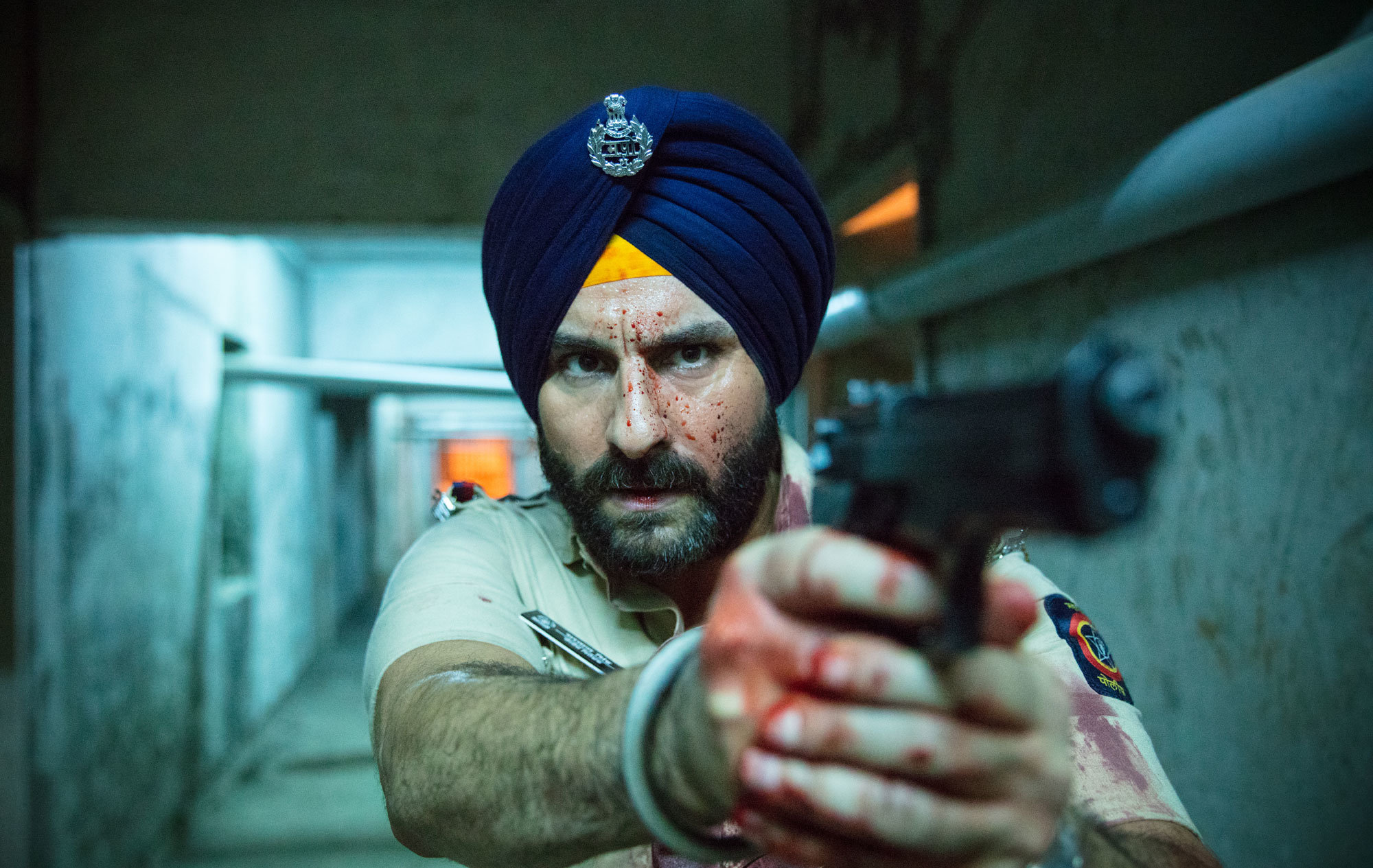
3. Sacred Games: Netflix's "Sacred Games" faced criticism for its portrayal of former Prime Minister Rajiv Gandhi and references to the Bofors scam, leading to legal scrutiny.
4. Madam Secretary on Amazon Prime: Amazon Prime deleted an episode of "Madam Secretary" in India, which dealt with sensitive issues like Hindu nationalism and violence against Muslims.
Public Opinion on Censorship
Public opinion in India on the issue of OTT content censorship is divided. A survey by YouGov found that 57% of respondents support partial censorship, believing that some content on these platforms is unsuitable for public viewing. This sentiment is stronger among older adults, while younger viewers and content creators advocate for the freedom of expression and artistic creativity.

International Comparisons
Globally, regulatory approaches to OTT platforms vary. Countries like Singapore and the UK have established regulatory bodies that oversee OTT content, ensuring compliance with local standards. In Australia, the Broadcasting Services Act governs the sector, while Turkey has a licensing regime for OTT platforms. Some countries, including Indonesia and Saudi Arabia, have implemented strict regulations, even blocking platforms like Netflix for non-compliance.
The Future of Regulation in India
The debate over regulating OTT platforms in India continues. While there is a growing consensus on the need for some form of regulation, the nature and extent of this regulation remain contentious. The government and OTT platforms must work together to establish a framework that balances creative freedom with the need to protect cultural and social sensitivities.

Final Thoughts
The issue of self-censorship by OTT platforms in India has significant implications for freedom of speech and the concept of adulthood. Self-censorship, driven by legal and cultural pressures, restricts the diversity and boldness of content available to viewers, thereby tampering with creative expression and freedom of speech. For adults, the ability to choose what to watch is a fundamental aspect of personal autonomy and intellectual freedom. The imposition of self-censorship undermines this autonomy, treating adult viewers as incapable of making informed decisions about their media consumption.
This not only infantilizes adults but also restricts their access to a broad spectrum of ideas and narratives that can challenge, educate, and entertain. By stifling controversial or sensitive content, self-censorship limits the potential for societal growth and dialogue, as art and media are vital for reflecting and questioning social norms. Therefore, while legal compliance and cultural sensitivity are important, it is equally crucial to uphold the principles of freedom of speech and expression. Adults should have the right to access diverse content and make their own choices, fostering a more open and mature media environment that respects individual freedoms.
Inputs by Agencies
(Image Source: Multiple Agencies)
Ⓒ Copyright 2024. All Rights Reserved Powered by Vygr Media.

